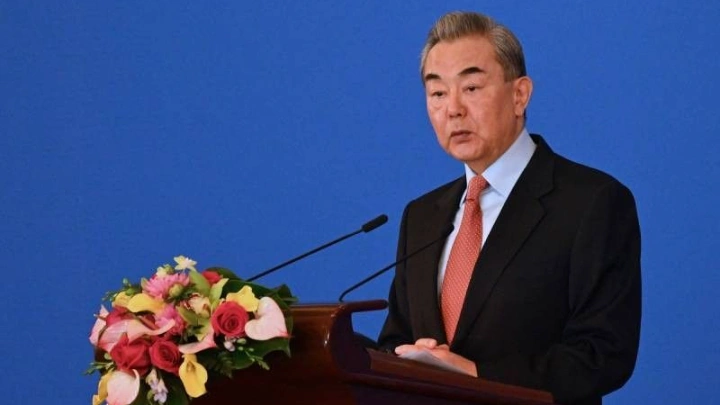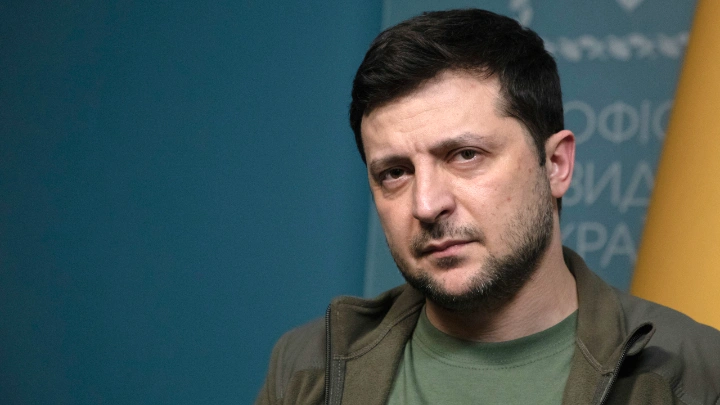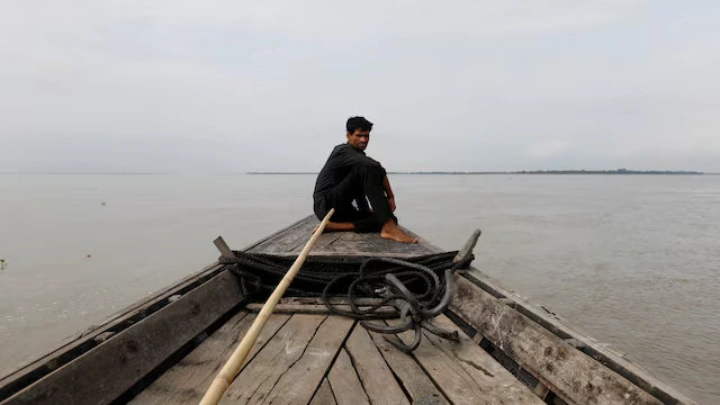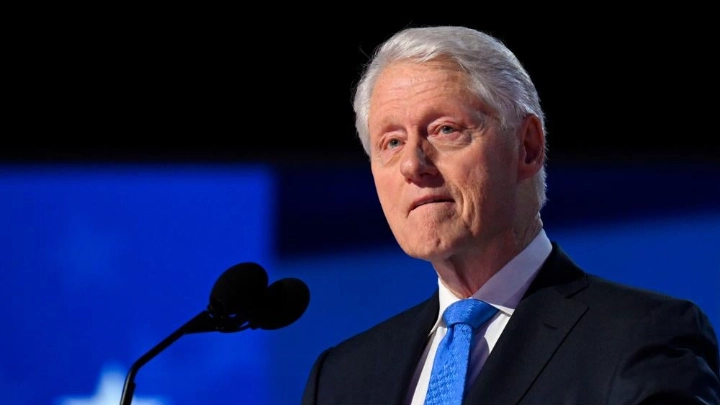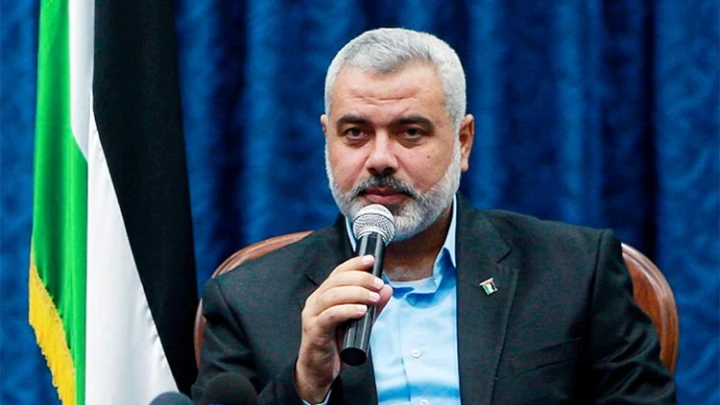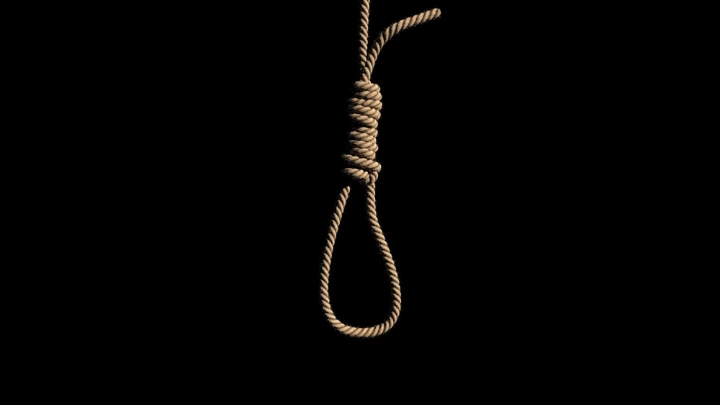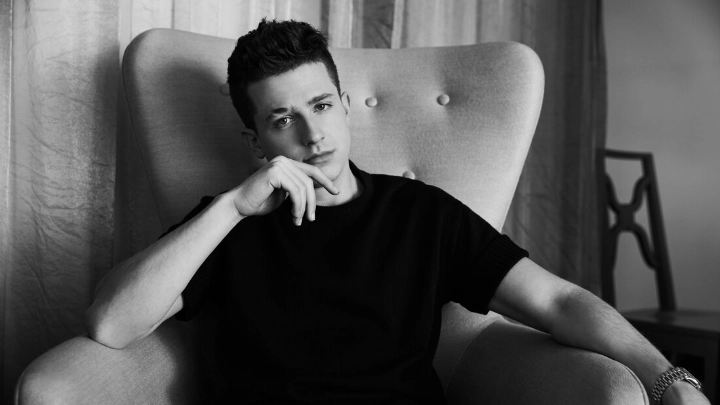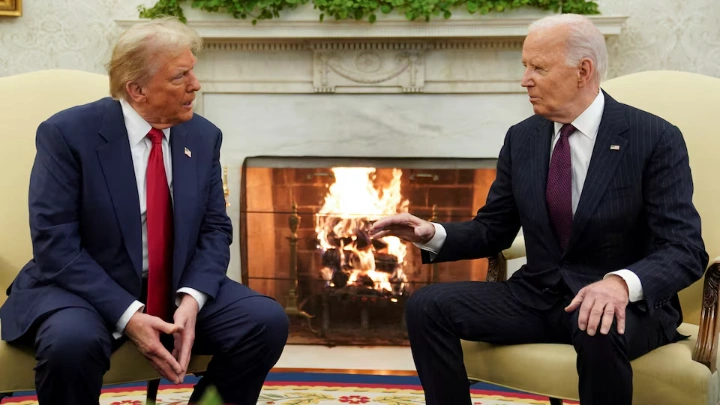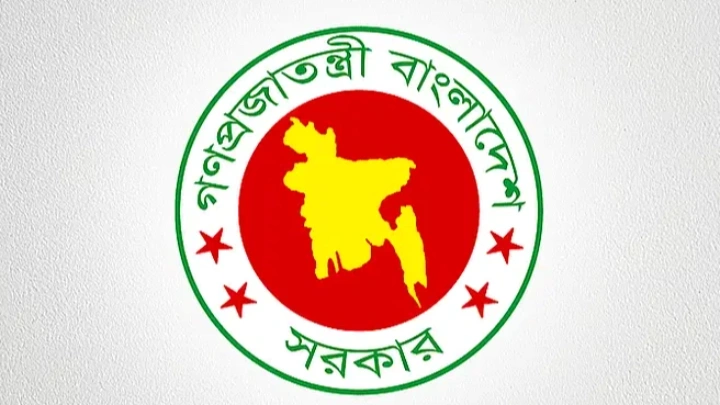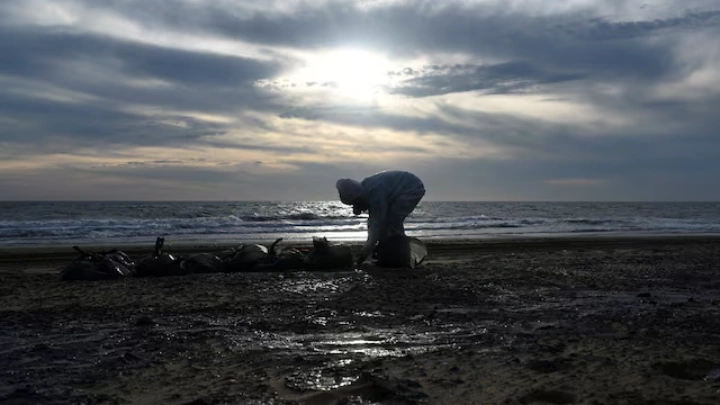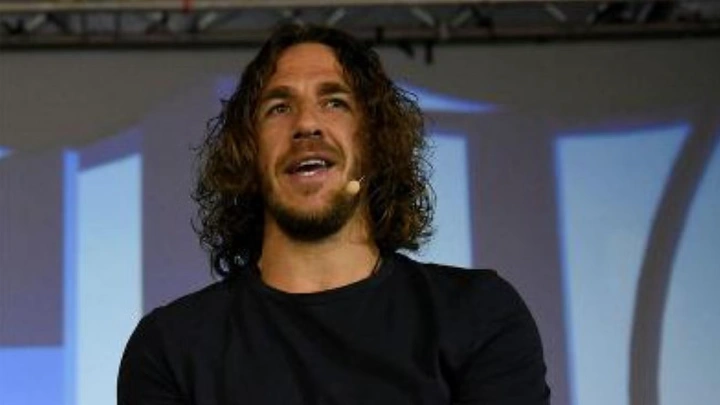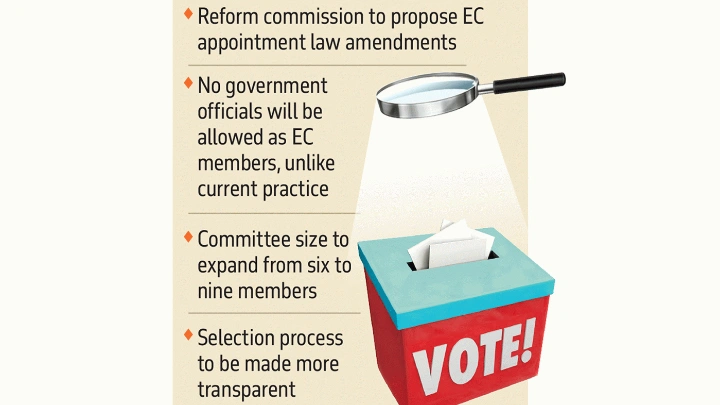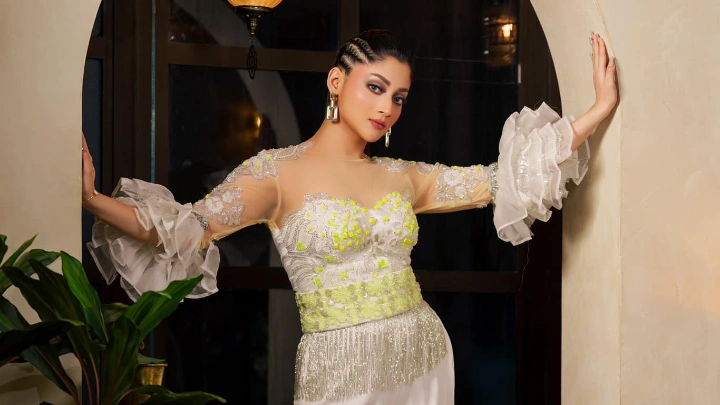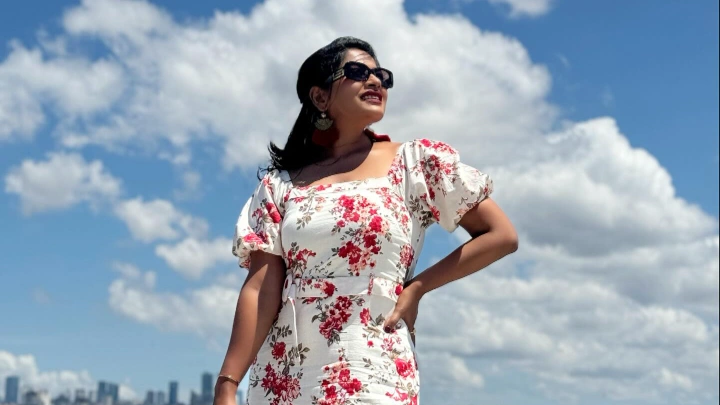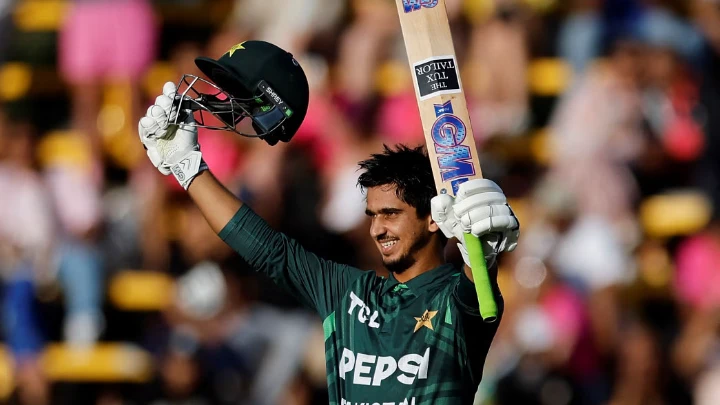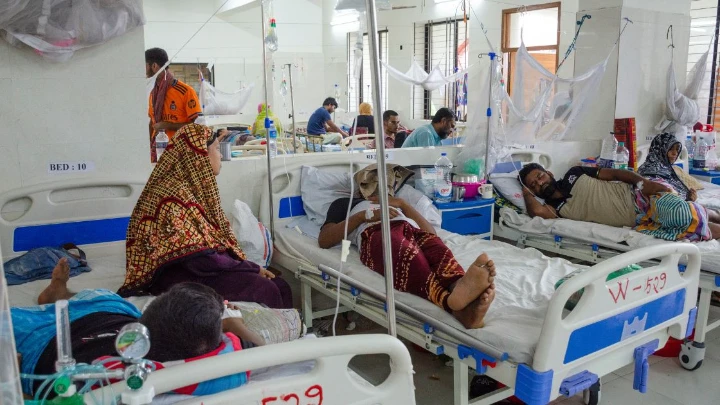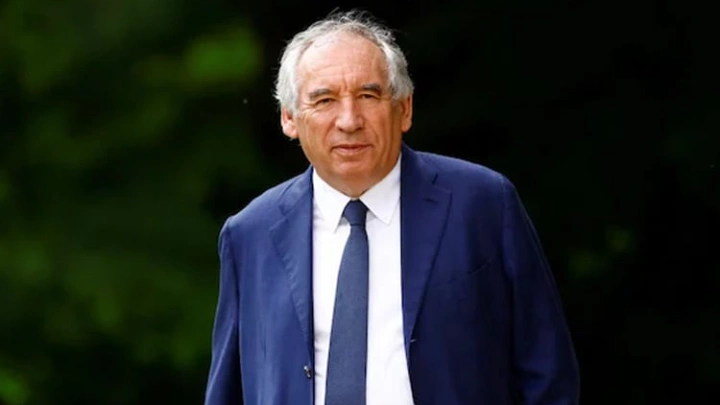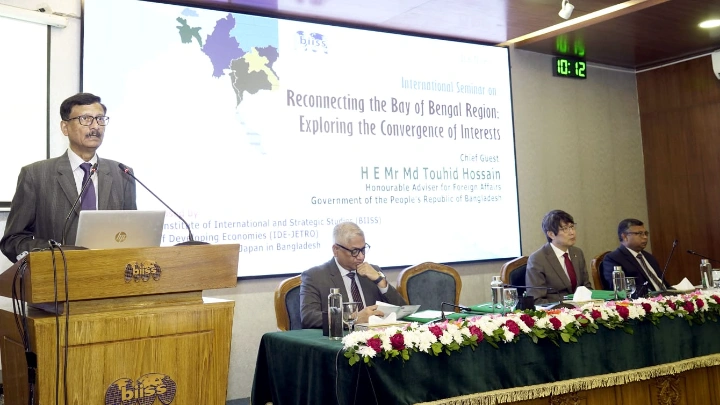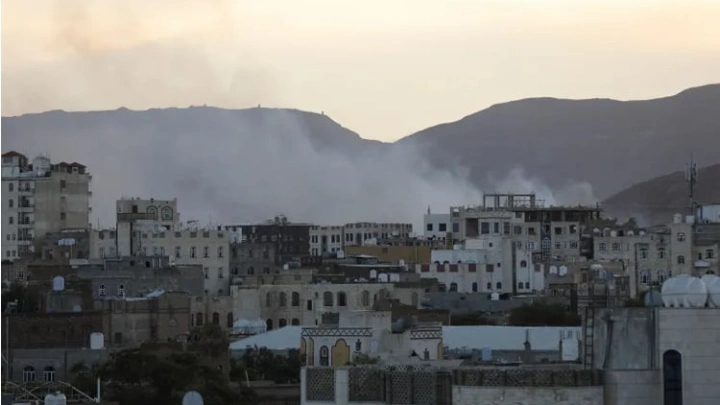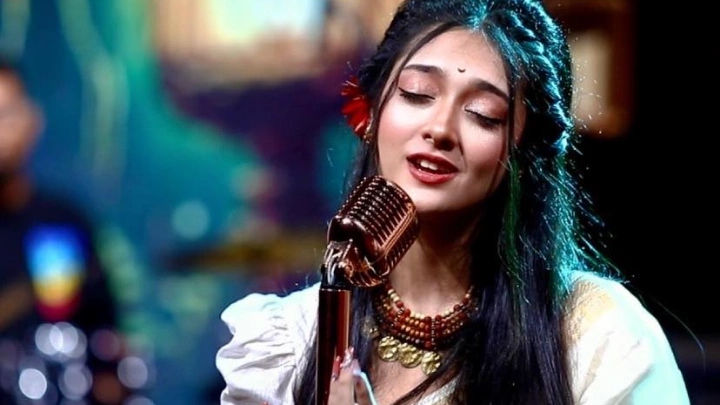Protest-Hit Iran Reviewing Mandatory Headscarf Law, Official Says
Shining BD Desk || Shining BD
Iran said Saturday it is reviewing a decades-old law that requires women to cover their heads, as it struggles to quell more than two months of protests linked to the dress code.
Protests have gripped Iran since the September 16 death of Iranian-Kurdish Amini, 22, after her arrest in Tehran for an alleged breach of the Islamic republic's strict dress code for women. Fars news agency quoted a senior police officer who said the "new stage" of the Nazer-1 programme -- "surveillance" in Persian -- was being rolled out "across the country by the police". The Nazer programme, launched in 2020, concerns the "removal of hijab in cars", Fars added. When it was launched in 2020, car owners would be sent an SMS text message alerting them of a dress code violation in their vehicle and warning of "legal" action if repeated.
Protests have swept Iran since the September 16 death in custody of Mahsa Amini, a 22-year-old Iranian of Kurdish origin arrested by the morality police for allegedly flouting the Shariah-based law.
Demonstrators have burned their head coverings and shouted anti-government slogans. Since Amini's death, a growing number of women have not been observing hijab, particularly in Tehran's fashionable north.
"Both parliament and the judiciary are working (on the issue)" of whether the law needs any changes, Iran's Attorney General Mohammad Jafar Montazeri said.
Quoted by the ISNA news agency, he did not specify what could be modified in the law by the two bodies, which are largely in the hands of conservatives.
Results expected in 'a week or two'
The review team met on Wednesday with parliament's cultural commission "and will see the results in a week or two," the attorney general said.
President Ebrahim Raisi on Saturday said Iran's republican and Islamic foundations were constitutionally entrenched.
"But there are methods of implementing the constitution that can be flexible," he said in televised comments.
The hijab headscarf became obligatory for all women in Iran in April 1983, four years after the Islamic Revolution that overthrew the U.S.-backed monarchy.
It remains a highly sensitive issue in a country where conservatives insist it should be compulsory, while reformists want to leave it up to individual choice.
Hundreds killed
After the hijab law became mandatory, with changing clothing norms it became commonplace to see women in tight jeans and loose, colorful headscarves.
But in July this year Raisi, an ultra-conservative, called for the mobilization of "all state institutions to enforce the headscarf law."
Many women continued to bend the rules, however.
In September, Iran's main reformist party called for the mandatory hijab law to be rescinded.
The Union of Islamic Iran People Party, formed by relatives of former reformist president Mohammad Khatami, on Saturday demanded the authorities "prepare the legal elements paving the way for the cancellation of the mandatory hijab law."
The opposition group is also calling for the Islamic republic to "officially announce the end of the activities of the morality police" and "allow peaceful demonstrations," it said in a statement.
Iran accuses its sworn enemy the United States and its allies, including Britain, Israel, and Kurdish groups based outside the country, of fomenting the street protests that the government calls riots.
A general in Iran's Islamic Revolutionary Guard Corps this week, for the first time, said more than 300 people have lost their lives in the unrest since Amini's death.
Iran's top security body, the Supreme National Security Council, on Saturday said the number of people killed during the protests "exceeds 200."
Cited by state news agency IRNA, it said the figure included security officers, civilians and "separatists" as well as "rioters."
Oslo-based non-governmental organization Iran Human Rights on Tuesday said at least 448 people had been "killed by security forces in the ongoing nationwide protests."
A campaign of arrests also has snared sportspeople, celebrities and journalists.
Among the latest figures to be arrested was film star Mitra Hajjar, who was detained at her home on Saturday, according to the reformist newspaper Shargh.
The Supreme National Security Council said that, in addition to the human toll, the violence had caused damage valued at millions of dollars.
-VoaNews
Shining BD


